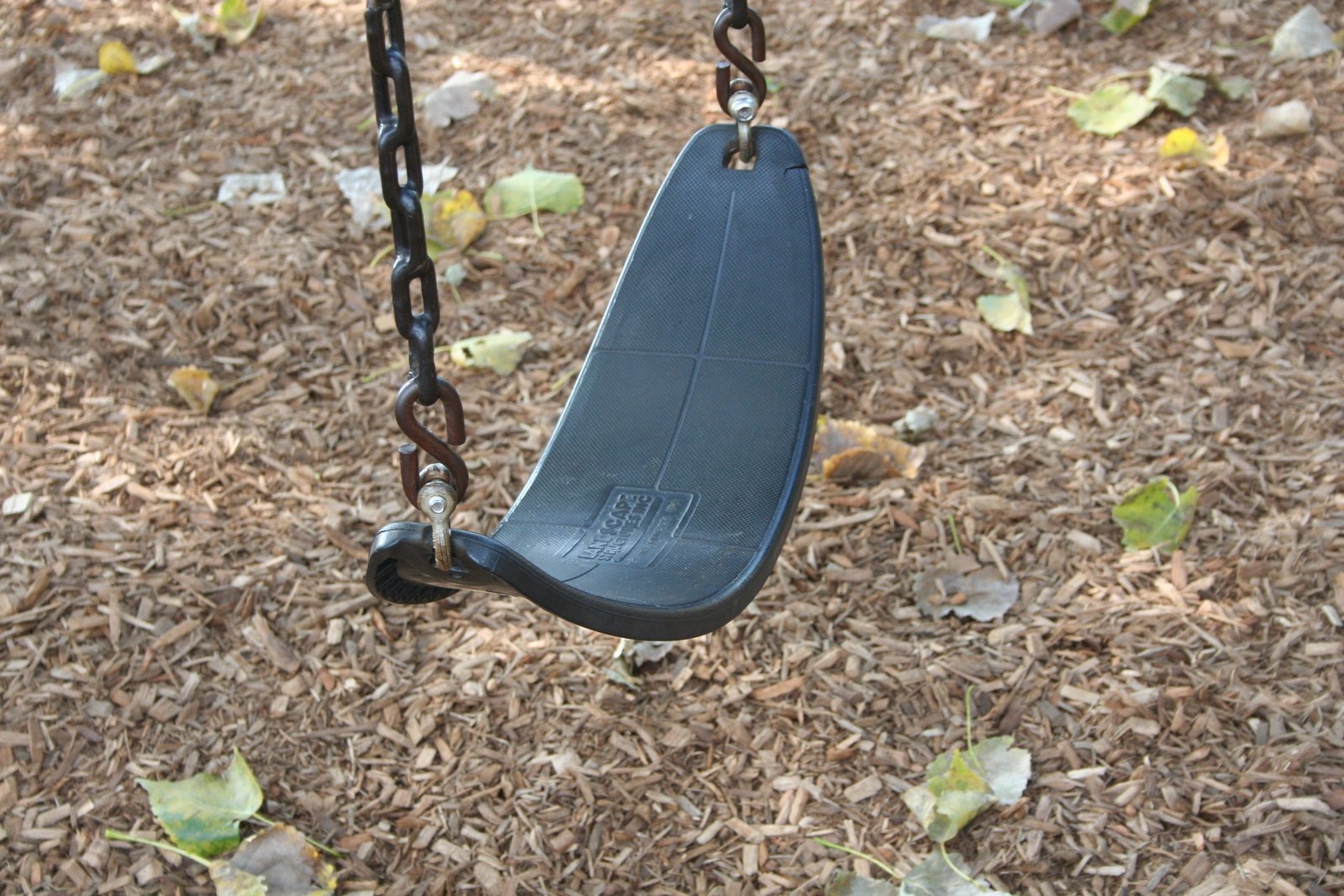In the imaginary state of New Carolina, there are no public schools. The citizens and the state legislature have decided that general public education is not a worthwhile use of limited resources, so they’d rather not be bothered with it. Anyone who wants to go to school has to go to a private school or get a tutor. The state will have to pass up any federal education dollars, but that’s okay: there aren’t any schools to fund with it so it’s a wash anyway.
Under the United States Constitution, New Carolina isn’t doing anything wrong.
The Constitution is the articulation of our country’s fundamental rights and the basis upon which we hammer out the contours of those rights by litigating individual cases in federal courts. In these cases, the role of the courts is to interpret the language of the Constitution: What exactly is included in the right to vote? When do you have a right to a jury trial? What’s covered by a right to privacy? States are free to add protections in their own constitutions, they just cannot sink below the minimum guaranteed in the federal constitution.
A 1972 school finance case, San Antonio v. Rodriguez, established that there is no federally protected fundamental right to education in the United States. Rodriguez has been challenged over and over again, but it’s a durable Supreme Court precedent.
Two cases, one in Michigan and one in Rhode Island, have taken up unique but related arguments in favor of recognizing a fundamental federal right to education. The first, in Michigan, argues that while there may not be a right to education, there ought to be a right to basic literacy. In Rhode Island, the lawsuit argues that the federal courts should recognize a right to the minimum skills needed for basic civic participation. In both cases, the plaintiffs — students challenging the inadequacies of their states’ education programs — are aiming to get federal recognition of a baseline for what schools must provide. A win in a case like this would mean that New Carolina would have to find a way to provide all of its young people with some minimum standard of education, a standard that many existing school systems struggle to meet.
Both cases are moving through the federal courts, and it remains to be seen whether one (or both) will make it up to the U.S. Supreme Court for review. In any case, both cases have the potential to radically alter the relationship between state and local school systems and the federal constitution.
It’s important to note that some real New Carolinas do, in fact, exist. There are a number of places in this country where some of our most vulnerable students are legally denied access to the education programs that they would otherwise be able to participate in: juvenile justice facilities and immigration detention. In some of these places, education programs are diluted versions of local schools. In many of them, “education” consists of a packet of worksheets or some online tutorials. And in others, there is simply no school at all.
If the plaintiffs in either Michigan or Rhode Island prevail, that may change.
December 19, 2018
There Are No Schools In New Carolina
By Bellwether

Share this article